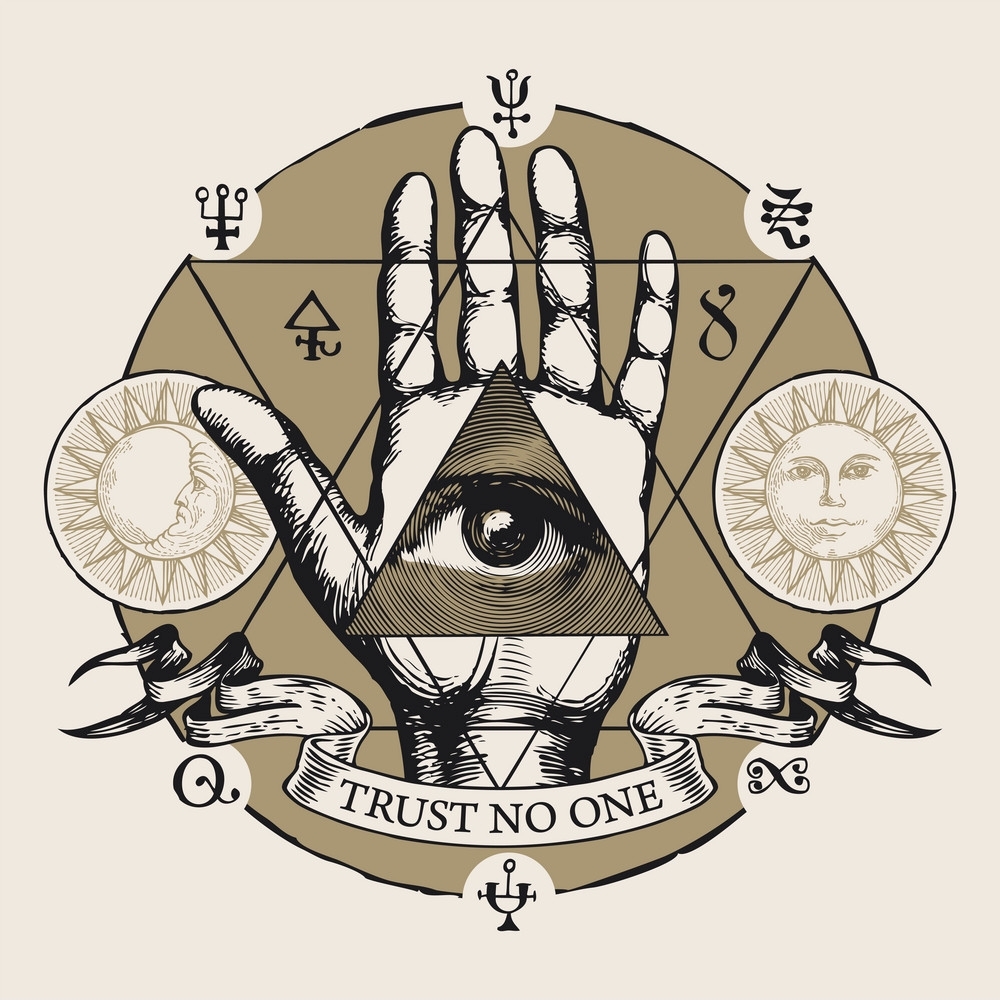As rideshare vehicles add to street congestion in New York City, many devout Muslim drivers are facing a challenge unique to their community: Finding a place to park their cars while they pray.
New York has nearly six times as many rideshare vehicles compared with its trademark yellow taxicabs. Although the city’s Department of Transportation provides 33 “relief stands” where drivers of taxicabs and for-hire vehicles can park their cars for up to an hour while attending to their personal needs, there are often no more than four parking spots.
That makes it difficult for observant Muslim drivers working for such rideshare companies as Uber and Lyft to legally pull over and pray, thereby fulfilling the Islamic obligation to pay obeisance to God five times a day. Muslim rideshare drivers in Seattle, Washington, find themselves similarly challenged to earn a living while being committed to their faith.
There is no precise count of how many rideshare drivers in New York City are Muslim. But the Independent Drivers Guild (IDG), an organization that advocates for the rights of drivers in New York, New Jersey, Connecticut, Massachusetts and Illinois, estimates that the number is substantial. (Roughly a third of Big Apple’s taxicab drivers are Muslim, according to claims made by driver advocates in a 2016 New York Times article about how hard it can be for New Yorkers to find a cab on Islamic holidays.)
Besides the scarcity of parking spaces, Muslim rideshare drivers struggle to find places where they can perform an ablution ritual known as “wudu,” which requires them to wash their faces, hands, arms and feet before praying.
To assist Muslim drivers, the IDG has built a wudu station at its headquarters in Long Island City, along with a prayer room equipped with prayer rugs, according to an April 24 article in Religion News Service.
“It is a step in the right direction, but it doesn’t solve the overall problem,” said IDG Organizing Director Aziz Bah in the article.
“When you get to the central business district in Manhattan, it gets super complicated to find a spot,” according to Bah, a Muslim of Senegalese origin who began driving rideshare vehicles in New York City in 2012 and knows firsthand how hard-pressed his fellow Muslim drivers can be to make room for prayers in their busy schedules.
“You just go in a circle until you miss your prayer time,” he said, “or you might just risk parking somewhere really quickly to [go pray], and you come back and there is a $115 ticket waiting for you.”
_______________
From its beginnings, the Church of Scientology has recognized that freedom of religion is a fundamental human right. In a world where conflicts are often traceable to intolerance of others’ religious beliefs and practices, the Church has, for more than 50 years, made the preservation of religious liberty an overriding concern.
The Church publishes this blog to help create a better understanding of the freedom of religion and belief and provide news on religious freedom and issues affecting this freedom around the world.
The Founder of the Scientology religion is L. Ron Hubbard and Mr. David Miscavige is the religion’s ecclesiastical leader.
For more information visit the Scientology website or Scientology Network.
DOWNLOAD THE WHITEPAPER

